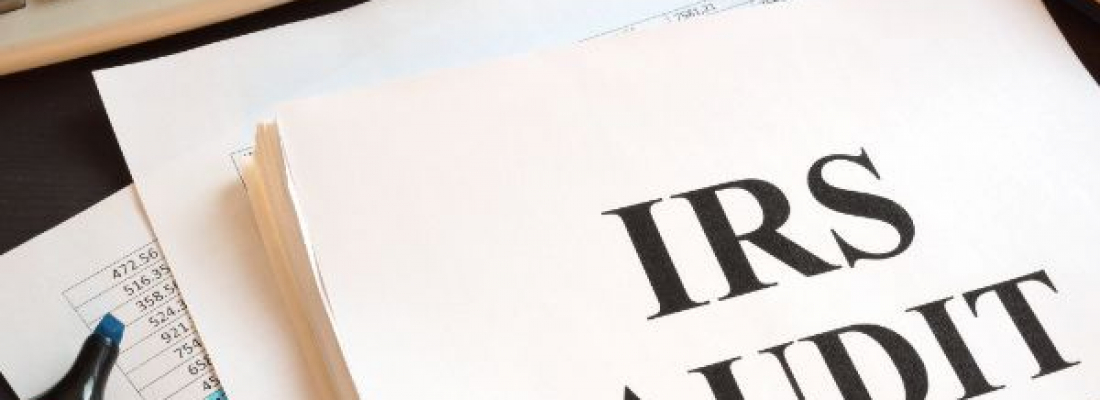While churches are exempt from federal income tax, they are not exempt from IRS audits — although Congress has restricted that authority by imposing special limitations on IRS church audits.
“Reasonable Belief” Limitation
A church can only be audited if an appropriate high-level Treasury official has a “reasonable belief” based on a written statement of facts and circumstances that the church:
- May not qualify for the exemption; or
- May have failed to pay tax on other taxable activity (e.g., unrelated business activity).
To substantiate a “reasonable belief,” the IRS may rely on a number of sources, including but not limited to:
- Print articles or ads
- Broadcast media reports
- Websites
- Materials published and/or distributed by the church
- Documents already on file with the IRS
- Reliable reports from concerned citizens or members of the church
- Records provided by third parties or informants that are lawfully obtained.
If the IRS meets the reasonable belief requirement, it must notify the church in writing with an explanation of the reason for its inquiry. The church must respond in writing within a reasonable period of time to provide any information that would mitigate the IRS’ concerns.
If the church fails to respond within the time allotted, or if the response is not sufficient to address IRS concerns, the IRS will issue a second notice — typically within 90 days — requesting an examination of the church’s books and records. This examination must be completed within two years from the date of the second notice.
Church Audits: Preparation and Prevention Tips
In order to prepare for — or help prevent — an IRS church audit, organizations should:
- Implement an ongoing review process to ensure its activities and records support the church’s exempt status.
- Ensure all church records — including legal, financial, donor, and personnel files — are labeled and stored properly.
- Enforce the proper classification of workers as employees vs. independent contractors.
- Ensure all payroll tax returns and deposits are filed properly and on time.
- Identify any activities that could be considered unrelated business income (UBI) by the IRS and make any required UBI filings.
- Document status of qualified ministers through ordination, licensing, or commissioning documentation.
The Church Law Center of California advises religious and secular nonprofits on governance and risk management matters. To find out how we can assist your organization, call us today at (949) 892-1221 or reach out to us through our contact page






